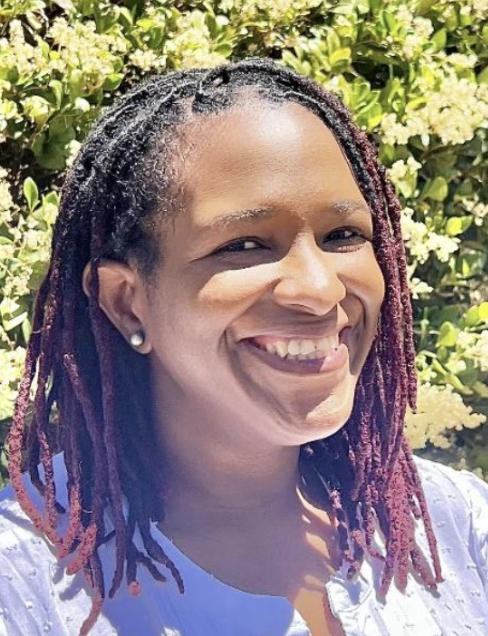“Do Psychosocial Resources Confer Psychological or Physiological Resilience? A Latent Class Analysis of Psychosocial Resources, Depression, and Allostatic Load among Black Women”
Black American women experience distinct physical and mental health patterns, including more chronic health conditions and functional limitations compared to their White female and Black male peers. Despite high levels of non-specific psychological distress (e.g., depressive symptoms), Black women also experience relatively low rates of psychiatric disorder (e.g., major depression, substance abuse) relative to White women and, in some cases, Black men. Given that Black women disproportionately face health risk factors that have been consistently linked with poor physical and mental health outcomes in the general population (e.g., limited socioeconomic resources, heightened exposure to social stressors like financial strain and discrimination), these “paradoxical” racialized and gendered epidemiological health patterns demonstrate the need for further Black women–centered research that identifies the mechanisms and group-specific resources that improve health and promote resilience among this population.
Using social and biomarker data from 301 Black women in the Nashville Stress and Health Study (2011-2014), we integrate perspectives from intersectionality and social stress theories, along with Clark et al.(1999)’s biopsychosocial model, to identify the psychosocial resources that promote psychological and physiological resilience among Black women.
Our specific aims include: (1) Identify distinct, multidimensional psychosocial resource profiles among Black women; (2) assess the sociodemographic correlates (age, education, income, occupation, marital status) associated with each profile to determine whether access to resources varies across subgroups; and (3) evaluate the extent to which psychosocial resource profiles are associated with differences in physiological and psychological health outcomes among Black women.
This research advances our understanding of the resources that contribute to distinct health patterns among Black women. Since psychosocial resources are modifiable attributes of individuals, pinpointing the resources that are most effective for improving health provides an opportunity to inform critically-needed, culturally-tailored health promotion efforts for this population.
We build on our prior work and collective expertise in the stress, coping, and health processes of Black Americans , psychosocial resources, mental health, and allostatic load to address several key gaps in prior research. First, we use latent class analysis (LCA) to identify specific combinations, or profiles, of psychosocial resources among Black women. This person-centered approach statistically groups individuals into qualitatively informative latent classes (or profiles) based on their access to multiple resources, allowing us to better understand patterns across the population. Second, we assess a broad range of general and culturally-relevant psychosocial resources, including coping strategies, sense of control, racial identity, and social support, advancing research by assessing multiple psychosocial resources simultaneously rather than a single resource at a time; this helps us to determine the nuanced ways through which various combinations of psychosocial resources differentially contribute to health patterns. Finally, we consider the role of resources in shaping psychological and physiological resilience by examining multiple outcomes, including depressive symptoms, major depression, and allostatic load (i.e., a biomarker of cumulative physiological dysregulation due to exposure to chronic stress).These outcomes enable us to consider the role of psychosocial resources in shaping the distinct and often paradoxical mental and physical health patterns observed among Black women.
RESEARCH TEAM MEMBERS: Dr. Courtney S. Thomas Tobin, Dr. Christy L. Erving (Associate Professor of Sociology, UT Austin), Dr. Millicent N. Robinson (Postdoctoral Associate, Social Work, UNC-Chapel Hill), and Ms. Dae-zhane Boland (Doctoral Student, UCLA Community Health Sciences).
People
Courtney S. Thomas Tobin
Courtney S. Thomas Tobin, PhD is an Associate Professor of Community Health Sciences and a Faculty Affiliate of the Ralph J. Bunche Center for African American Studies at UCLA. Her research examines the social, psychological, and biological (i.e., biopsychosocial) pathways to health and longevity among Black Americans. As a medical sociologist, Dr. Thomas Tobin integrates perspectives from sociology, public health, social psychology, and medicine to investigate (1) psychosocial pathways to embodiment; (2) health risks and resources across the life course; and (3) racialized stress and coping processes among Black Americans.
Photo courtesy USA Today.



